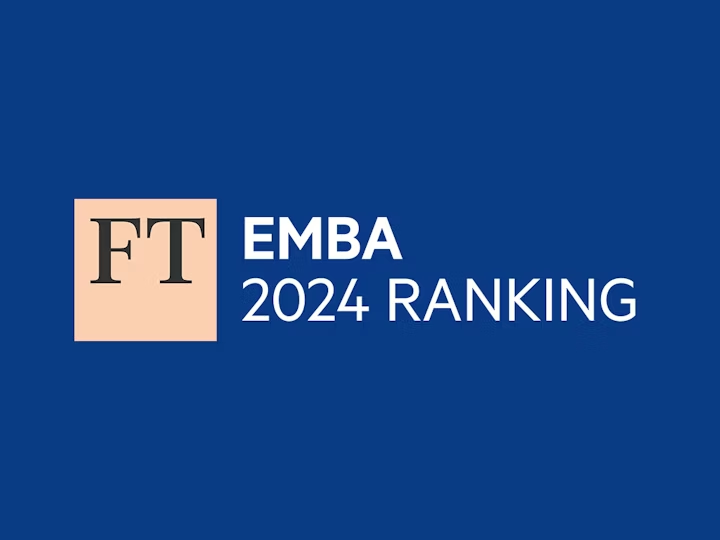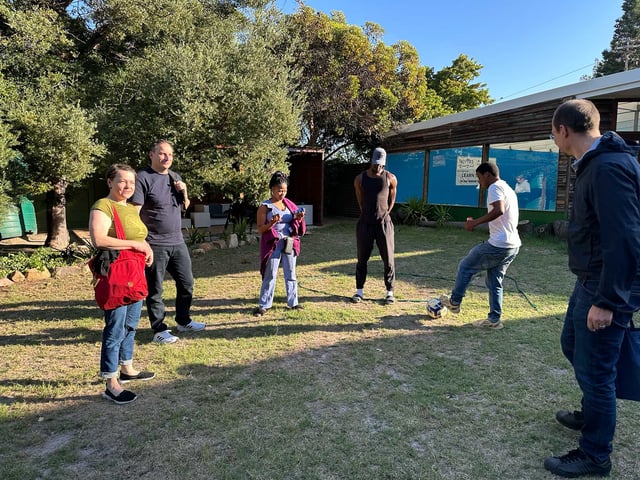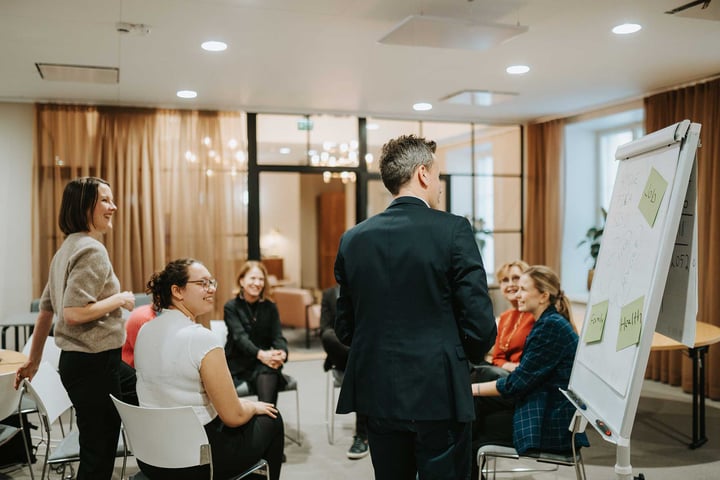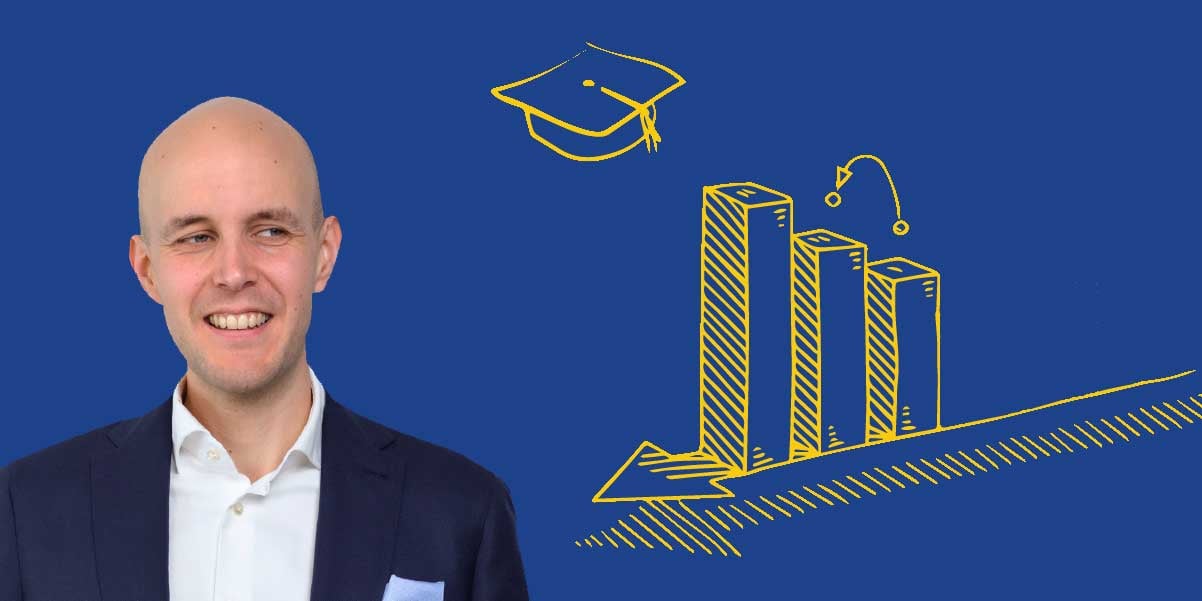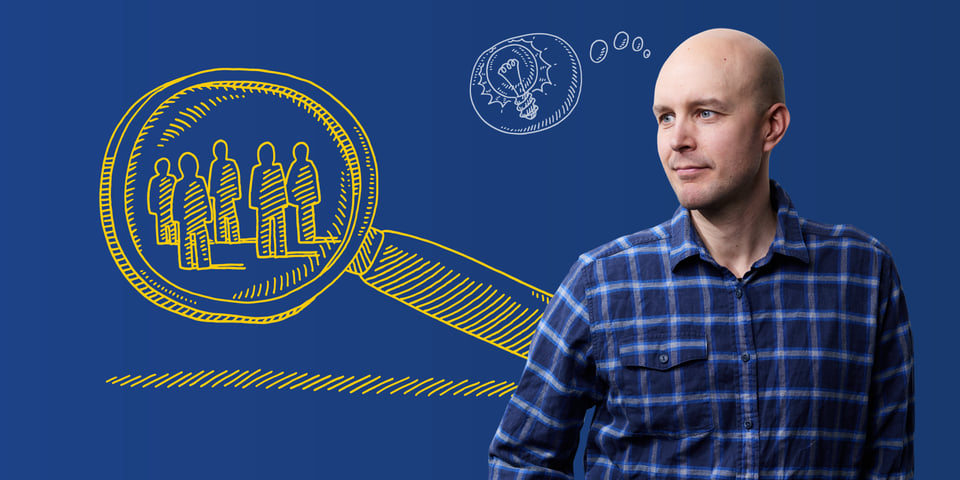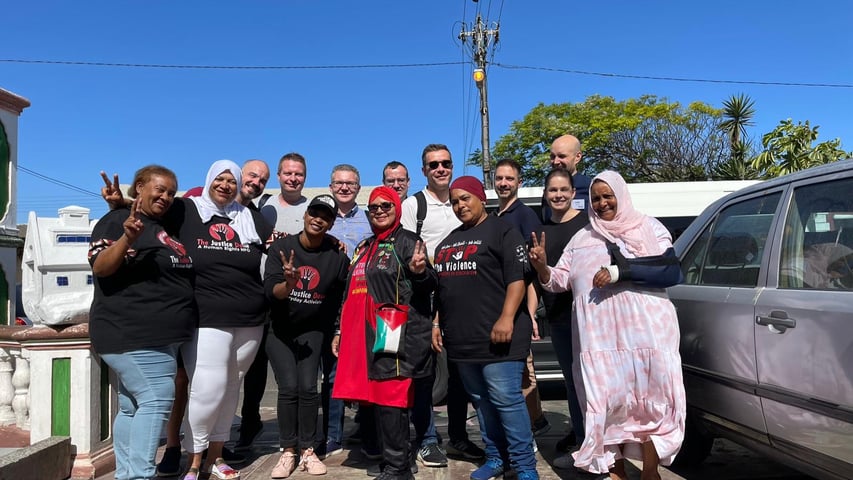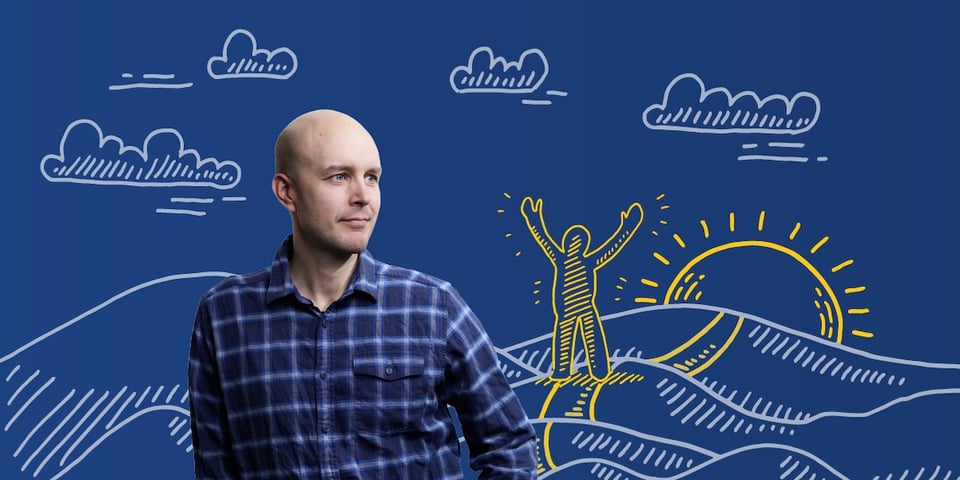The Henley Executive MBA (EMBA) – Global consists of three stages. The ending of stage 1 provided a great opportunity to reflect on the journey so far. I wanted to involve my learning team in this reflection, and you can find their thoughts, opinions and experiences in the mini-interview below.
I have the honor of forming a learning team with the following professionals:
Jyri Lehikoinen, Senior role in the IT industry
Juhani Pajunen, CEO for Suomen Podcastmedia
Jori Sistonen, COO for Infocare Finland
Marjo Virnes, Chief Competence Officer for Autism Foundation Finland
We sat down during the strategy workshop in the beginning of this month, and here is what we discussed:
What were your initial hopes and expectations for the Henley EMBA?
Jyri: I wanted to pursue an EMBA to progress in my career. Henley felt like the right option because the students come from diverse backgrounds and the alumni network is very active globally.
Juhani: I have an extensive background in managing businesses in the creative industry. I wanted to strengthen the theoretical foundations of my management approach, and to see more examples of how different industries operate.
Jori: I’ve been very active on the Finnish and Nordic markets. By pursuing the Henley EMBA, I wanted to have a more broad and holistic global perspective on business management and leadership.
Marjo: I wanted to update my skills and knowledge on business management and to share experiences with fellow students. I chose Henley because it’s unique learning approach, it’s the best ranking business school in Finland and it’s also very appreciated internationally.
What have you gained from the studies so far?
Jyri: My way of thinking has changed quite a bit. I see things at work now from a broader perspective and can also take things into account that are not directly related to my current role.
Juhani: So far, my hopes and expectations have been met. I have learned a lot from the theoretical and academic ways of looking at business, and also discovered some practices from other industries that could be adopted also to our line of business. I have also met great, like-minded people with diverse skills and experiences. Previously I’ve been a bit sceptical towards educational programmes but here the bar has been high enough.
Jori: Even if the topics and themes of the modules (finance, processes, etc.) are familiar, I’ve gained a lot from the combination of theoretical frameworks and practical tools that we’ve been introduced to. Many of them are directly applicable to my daily work.
Marjo: The knowledge gained both from the teaching and also from the discussions with fellow students has been the most useful thing so far. Many items discussed are directly linked to my own work and the development of our organisation.
Have you already had a chance to apply learnings to your work?
Jyri: Yes and no. Not necessarily on the actual work tasks that I do but more in how I perceive things and how I talk about things at work.
Juhani: I have taken into practice some things from each of the assignments that we have done.
Jori: I’ve taken something into practice from all modules. I think the assignments are a better way of measuring learning than exams. Applying learnings to practice is the real test in a business context.
Marjo: I’ve started to apply new learnings to people leadership, finance and operational management – so essentially something from every module. I hope that I could start to use the financial management skills and tools more in my current work.
What kind of expectations do you now have for the rest of the studies?
Jyri: I would like to apply my learnings even more to my work. I’m especially waiting for the final thesis – this piece of work has the biggest potential for impact in my organisation. The topic for my thesis is getting clearer as we progress in the studies. I’m planning to combine items from different modules in the final thesis.
Juhani: I would like to get more of the same: new insights from different areas of business.
Jori: What I really expect to happen is that things that we’ve learned will start to form one unified big picture so that you can see interconnections between the different approaches and business functions we’ve gone through during the EMBA. The further I progress in my studies, the more holistic my thinking becomes.
Marjo: I hope to gain a deeper understanding of things and see them more holistically. After that I can hopefully become a more seasoned business thinker. I’m hoping to learn the language and way of thinking that’s required to participate in business discussions, particularly within social and health services.
As we can see from the answers, there are clear similarities but also differences in how people perceive the Henley EMBA journey. The initial expectations were different, but everyone has gained a sense of progress and still has hopes and expectations for the remainder of the studies. Let’s aim to have another session after stage 2 to see if something has changed. Until then!
You can follow my EMBA journey through weekly updates with the hashtag #JuhoGoesEMBA on LinkedIn.
If you would like to learn more about the Henley EMBA:
